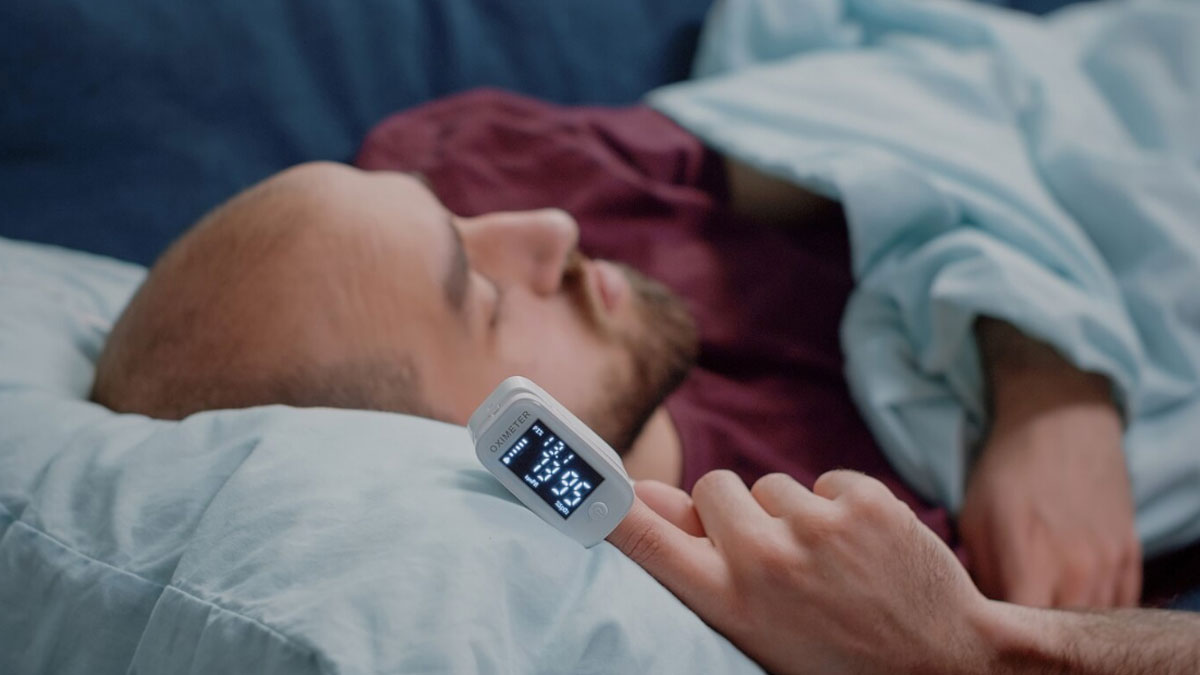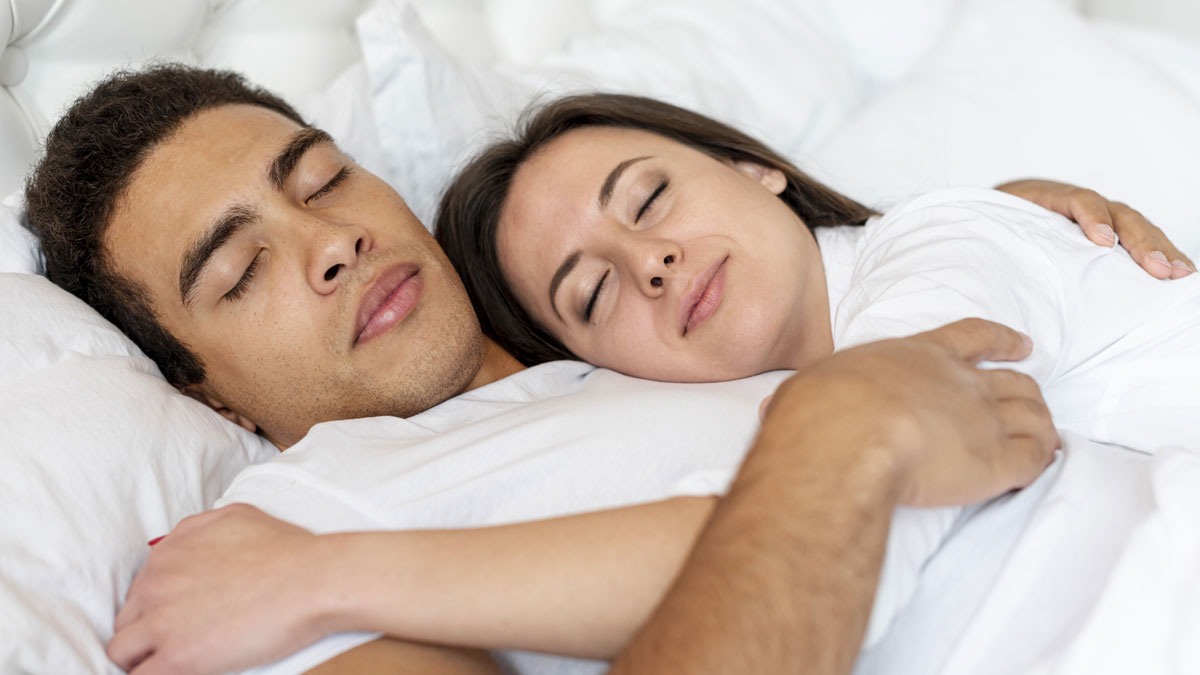Achieving restful sleep can feel like an elusive goal nowadays. With stress, technology, and demanding schedules disrupting natural sleep patterns, many people are turning to holistic solutions to promote better rest. One such option gaining attention is cannabidiol (CBD), a non-psychoactive compound derived from the hemp plant. Unlike other sleep aids, CBD offers a natural approach that may support healthy sleep cycles without the grogginess associated with traditional remedies. This article delves into how CBD interacts with the body to promote restful sleep, its potential benefits, and practical tips for incorporating it into your nighttime routine.
Understanding Sleep Cycles and Their Importance
Sleep is not a single state but a dynamic process involving multiple stages, including light sleep, deep sleep, and rapid eye movement (REM) sleep. These stages cycle throughout the night, each playing a critical role in physical restoration, memory consolidation, and emotional regulation. Disruptions to these cycles—whether from stress, poor diet, or environmental factors—can lead to fatigue, mood imbalances, and reduced cognitive function.
A healthy sleep cycle typically lasts 90 minutes, with four to six cycles per night for optimal rest. However, modern lifestyles often interfere, leading to difficulty falling asleep, staying asleep, or achieving deep, restorative sleep. This is where CBD may offer support, as it interacts with the body’s endocannabinoid system (ECS), which plays a role in regulating sleep, mood, and stress. Learn more about sleep cycles from the National Sleep Foundation.
How CBD Interacts with the Endocannabinoid System
The endocannabinoid system is a complex network of receptors, enzymes, and endocannabinoids that helps maintain balance in the body, a state known as homeostasis. The ECS influences various functions, including sleep, appetite, pain perception, and immune response. CBD interacts indirectly with the ECS by modulating receptors like CB1 and CB2, which are found in the brain and nervous system.
< Poems suggest that CBD may enhance the ECS’s ability to regulate sleep by influencing serotonin receptors (5-HT1A), which are linked to mood and relaxation. Additionally, CBD’s potential to reduce cortisol levels—a stress hormone that can disrupt sleep—may create a calmer state conducive to rest. Unlike THC, the psychoactive compound in cannabis, CBD does not produce a “high,” making it a safe option for those seeking natural sleep support. For more on the ECS, check out this Harvard Health article.

The Science Behind CBD and Sleep
While research on CBD is still evolving, several studies highlight its potential to support healthy sleep. A 2019 study published in The Permanente Journal found that 66.7% of participants who used CBD reported improved sleep scores within the first month. Another study in Frontiers in Pharmacology (2020) suggested that CBD may reduce anxiety, a common barrier to restful sleep, by calming the nervous system.
CBD’s effects on sleep may also depend on dosage and timing. Low to moderate doses (25–75 mg): are often reported to promote relaxation and help individuals fall asleep faster, while higher doses (100–160 mg): may extend sleep duration and improve deep sleep phases. However, individual responses vary, and consulting a healthcare professional is recommended to determine the right dosage. Explore CBD research at PubMed Central.
Benefits of CBD for Sleep Support
Using CBD as part of a nighttime routine may offer several benefits for those struggling with sleep challenges:
- Promotes Relaxation: CBD’s calming properties may help quiet a racing mind, making it easier to transition into sleep.
- Reduces Nighttime Wakefulness: By supporting the ECS, CBD may help maintain uninterrupted sleep, reducing instances of waking up during the night.
- Non-Habit Forming: Unlike some sleep medications, CBD is not associated with dependency, making it a sustainable option for long-term use.
- Improves Morning Alertness: Many users report waking up feeling refreshed rather than groggy, as CBD supports natural sleep architecture without sedation.
- Holistic Approach: CBD can be combined with other sleep hygiene practices, such as meditation or a consistent bedtime routine, for enhanced results.
Practical Tips for Using CBD to Support Sleep
1. Choose the Right CBD Product
CBD is available in various forms, including oils, capsules, edibles, and vapes. For sleep support, consider the following:
- CBD Oils/Tinctures: These offer precise dosing and fast absorption when taken sublingually (under the tongue). They’re ideal for those who want control over their dosage.
- Capsules: Convenient and pre-measured, capsules are a good option for consistent dosing but may take longer to take effect.
- Edibles: Gummies or infused teas provide a tasty, discreet option but have a slower onset due to digestion.
- Topicals: While less common for sleep, CBD-infused creams may help relax tense muscles, contributing to overall comfort.
Look for full-spectrum or broad-spectrum CBD products, as they contain additional cannabinoids and terpenes that may enhance sleep benefits through the “entourage effect.” Always choose products from reputable brands that provide third-party lab testing to ensure quality and potency. Find tips on choosing CBD products at Consumer Reports.
2. Start with a Low Dose
Begin with a low dose (10–25 mg) about 30–60 minutes before bedtime to assess how your body responds. Gradually increase the dose by 5–10 mg every few days until you find the optimal amount for your needs. Avoid taking too much, as high doses may cause mild side effects like drowsiness or dry mouth.
3. Create a Relaxing Bedtime Routine
Pair CBD with a consistent nighttime routine to signal to your body that it’s time to wind down. Try these complementary practices:
- Dim the lights and avoid screens 1–2 hours before bed to reduce blue light exposure.
- Practice gentle stretching, yoga, or meditation to release tension.
- Sip herbal tea (e.g., chamomile or valerian root) alongside your CBD dose for added relaxation.
- Keep your bedroom cool, dark, and quiet to optimize your sleep environment.
4. Track Your Progress
Keep a sleep journal to monitor how CBD affects your sleep quality, duration, and overall well-being. Note the dosage, product type, and any changes in how you feel upon waking. This can help you fine-tune your approach and identify what works best.
5. Consult a Professional
If you’re new to CBD or have underlying health conditions, consult a doctor or sleep specialist before starting. They can provide guidance on potential interactions with medications and recommend an appropriate dosage.
Potential Considerations and Side Effects
While CBD is generally well-tolerated, it’s important to be aware of potential side effects, which may include:
- Drowsiness (especially at higher doses)
- Dry mouth
- Mild digestive discomfort
- Changes in appetite
CBD may also interact with certain medications, such as blood thinners or sedatives, by affecting how the liver metabolizes them. Always disclose CBD use to your healthcare provider to avoid complications.
Additionally, the CBD market is not fully regulated, so product quality varies. Stick to brands that provide transparent lab reports and avoid products with unlisted ingredients or questionable sourcing. For more on CBD safety, visit FDA’s consumer updates.

Lifestyle Factors to Enhance CBD’s Effectiveness
While CBD can be a powerful tool for sleep support, it works best when combined with healthy lifestyle habits. Consider these strategies to maximize its benefits:
- Manage Stress: Practice mindfulness or journaling to reduce anxiety, which can interfere with sleep.
- Limit Caffeine and Alcohol: Avoid stimulants like coffee or alcohol in the evening, as they can disrupt sleep cycles.
- Exercise Regularly: Physical activity during the day can improve sleep quality, but avoid intense workouts close to bedtime.
- Maintain a Consistent Schedule: Go to bed and wake up at the same time daily to regulate your body’s internal clock.
Conclusion
CBD offers a promising, natural approach to supporting healthy sleep cycles by promoting relaxation, reducing stress, and enhancing the body’s ability to maintain restful sleep. While research is still unfolding, early studies and anecdotal evidence suggest that CBD can be a valuable addition to a holistic sleep routine. By choosing high-quality products, starting with a low dose, and pairing CBD with good sleep hygiene, you can unlock its potential to improve your rest and overall well-being.
As with any supplement, individual results vary, and patience is key. Experiment with different products and dosages, track your progress, and consult a professional to tailor CBD to your unique needs. With the right approach, CBD may help you achieve the restorative sleep you’ve been dreaming of, night after night.
Shop online today at CBDMagic for easy access to Canada’s best organic CBD oil.
